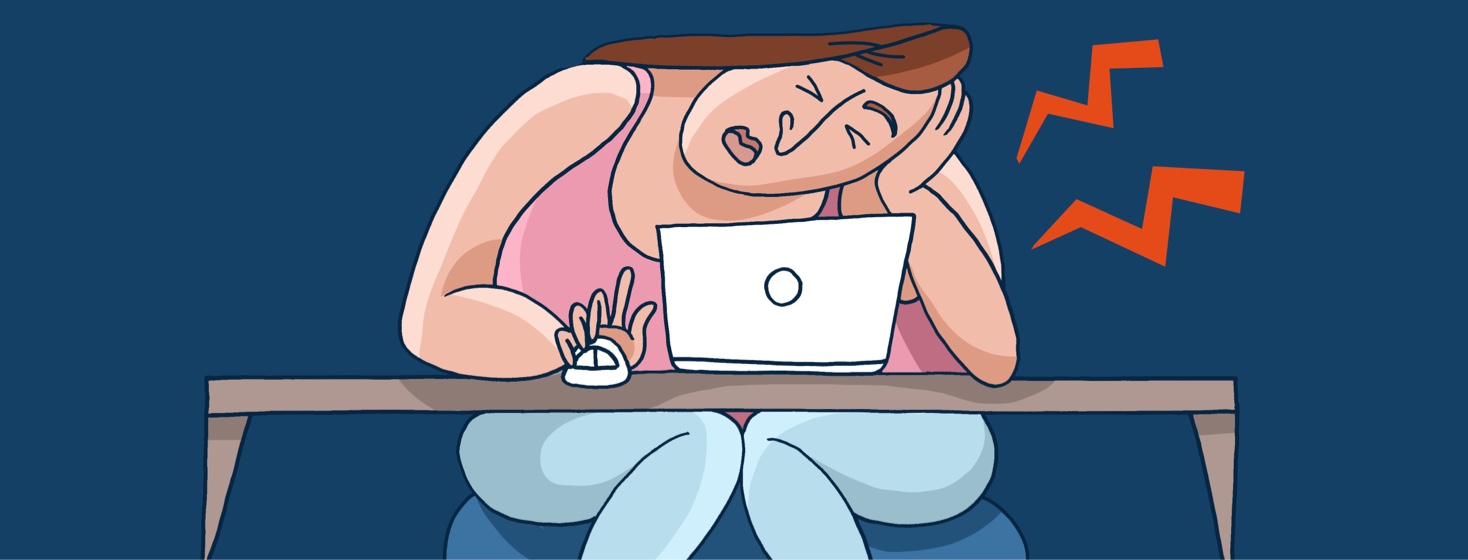Is Endometriosis A Disability? Mine Is
Editor's note: Disability benefit requirements vary depending on where you live. If you have any questions, always speak with your local SSA office.
Disabilities come in many forms. A disability can affect a person’s movement, thinking, ability to remember and/or learn, and mental health.
The term also refers to anything that can restrict a person’s participation in daily activities, such as working. It can also have an effect on social relationships.
Endometriosis is a chronic disease with, currently, no known cure. For many people, the symptoms are perfectly manageable.
They may even go unnoticed. However, for a large number of us, the disease is more than life-altering.
It can be extremely debilitating and limiting.
Can endometriosis be classified as a disability?
From my own research, I have found very few long-term conditions and diseases that are considered a disability. This is because chronic conditions like endometriosis, have such varying impacts on peoples' lives.
There is no "general rule" when it comes to endometriosis symptoms. It is tricky to label it as a disability.
Yet while endometriosis doesn’t fall automatically into the disability category, it does not mean it isn't one. For many, flare-ups heavily affect how we function.
In my personal case, my endometriosis behaves, quite regrettably, like a disability. It has affected my ability to work since 2010 when I had to give up my beloved fashion career.
Since then, I cannot work a full-time job because my periods are so heavy and painful, they make me unable to stand or walk. Sometimes I can't even talk.
Every month I lose around ten days of my life, due to heavy bleeding and crippling pain. I am also regularly bed-bound for long periods of time.
My intermittent tailbone pain means I cannot sit on the same chair for more than three hours. This renders any office job quite challenging.
I also suffer from stabbing hormonal migraines. For added fun, my PMDD affects my concentration levels and kills my ability to focus.
Could I receive disability benefits where I live?
Firstly, it's important to acknowledge that this does not mean that your endometriosis will be automatically recognized as a disability. Depending on where you live, there are ways to find out if you qualify to receive support from your government.
I live in the UK, and whether endometriosis is deemed as a disability, is decided on an individual case. Any request to receive disability benefits is assessed against criteria outlined by the Department for Work and Pensions.1
In the US, The Social Security Administration (SSA) does not officially class endometriosis as a disability from what I can find.2 However, if the condition is severely limiting, it might lead to disability benefits.
But again, this is decided on a case-by-case basis. Please refer to your local SSA office with all questions.
Personally, I haven’t gone through the process of having my disease labeled a disability. Instead, I decided to retrain and refocus my career towards work I can do remotely. I am aware that my approach will not work for everyone.
I am choosing to remain professionally active, and refuse to blame my endometriosis on my inability to work. In fact, I believe that the traditional workplace scenario is too limiting for me.
In the past, I lost jobs because I wasn't allowed to work remotely, even though all I did at the office was sit in front of a computer all day. I also asked to work part-time, but that was denied too.
It didn't matter that I was a responsible, hard-working, and essential member of the team.
Personally, I fear that, if endometriosis is ever officially labeled a disability, it might lead to many employers refusing to hire anyone with the disease. My wish is that the professional world adapts to people like us: anyone with a chronic illness.
All we ask is to be given the opportunity to work, under the conditions that would allow us to show how valuable we are.

Join the conversation